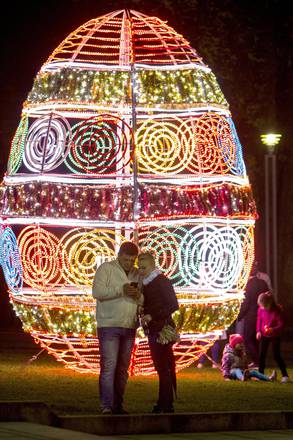Moldova: EU, country should respect Association Agreement
Authorities' task to establish relationships with Eurasian Union
19 April, 19:51This is what an EC spokesperson said, commenting on the decision made last week in Kyrgyzstan by the Supreme Council of the EEU, the association created by Russian President Putin.
''It is primarily a task of the Moldovan authorities to outline the relations between the country and the EEU'', said the EU spokesperson, however, recalling the EU's commitment - as a trading partner - in terms of economic assistance to Moldova.
''The commitments included'' in the signed agreements, however, ''do not prevent the development of political and economic relations with other partners and in particular with its neighbours, on the contrary, they encourage them'' he underlined. (ANSA).














